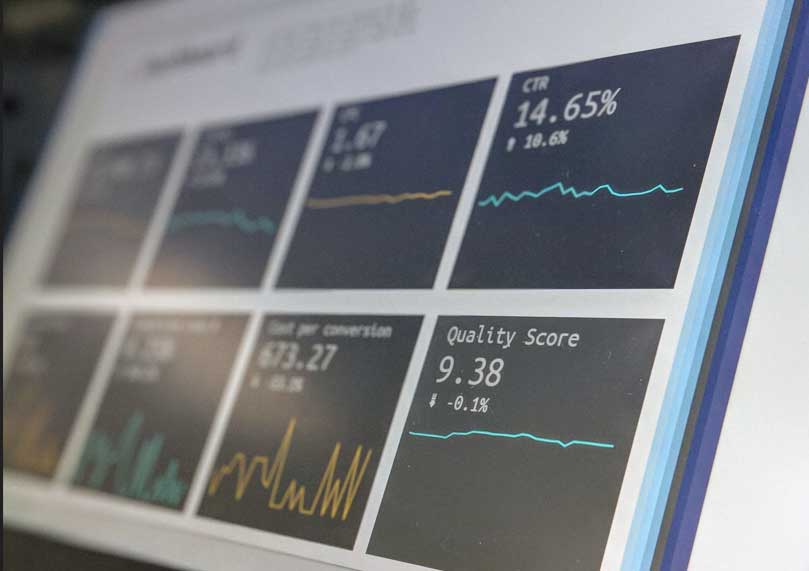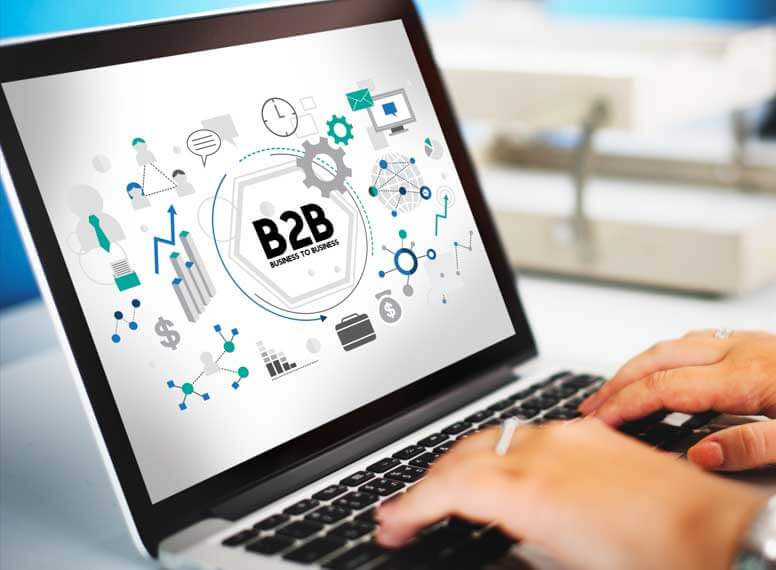Understanding Social Media KPI’s
Social media engagement is inevitable. Companies are hugely investing in their social media marketing strategies. There are world class social media management companies in Singapore who can help your company determine, implement, and analyse your social media marketing strategies. This may be the big turning point you’ve been looking for!
But is there a way to comprehend if the giant investments being made in social media marketing worthwhile? Well, yes! This is where social media KPIs come into the picture.
In the following paragraphs, we will help you understand how social media marketing performance is measured using KPIs. The marketers utilise social media analytics to gauge the KPIs and analyse the social media performance of the brand.
What are social media KPI’s?
Social media KPIs are quantifiable metrics that are used to assess the effectiveness of social media marketing for business growth and to report social media performance to stakeholders. To put it another way, social media metrics enable the marketing team to ensure that the brand is accomplishing its business objectives and that the social media strategy is reaching the target audience. Additionally, monitoring these KPIs enables the social media marketing agency or in-house team to provide a trustworthy demonstration of the effectiveness of the social media strategy to the superiors.
To publish social media content, marketing teams use a multi-channel strategy that includes platforms such as Facebook, Twitter, LinkedIn, Instagram, and Pinterest. The results of the campaigns are difficult to track because they are dispersed over several accounts. By using social media analytics, the marketing team can monitor KPIs for the company’s social media performance so that social media planning can be improvised, if required.
Calculating Social Media KPI
It is simpler to commit to the objectives and track the progress over time using KPIs. Furthermore, they are a powerful way to brag about your performance in front of the bosses. The achievements and developments are simple to perceive.
It is of utmost importance that a company’s business goals are clearly reflected in the established social media KPIs. Your KPIs should be SMART i.e., Specific, Measurable, Achievable, Relevant and Time-bound. The more specific and data-driven the KPIs are, the better. It is also possible to set distinct KPIs for each social media campaign and platform.
Since no company’s business objectives are ever etched in stone, the KPIs you establish should likewise be flexible enough to alter over time as the main organisational objectives do.
Steps to keep in mind:
- Make it clear how monitoring the KPI will assist the organisation in achieving a particular objective.
- Choose a SMART metric with a value and a date that will allow you to check your progress.
- Pick a schedule and design that will recognise growth patterns and developments clearly.
- Review the KPI Schedule at least once or twice a year to conduct a more thorough evaluation of your KPIs.
List of Social Media KPIs for Business Growth
1. KPIs for reach of brand over social media
- Follower count: This metric displays how many accounts are following your brand. You may find these numbers right on your profile page.
- Impressions: It provides information on how frequently a post or profile has been seen. It adds up the views and does not differentiate between different individual accounts.
- Web traffic: It is an indicator of campaign performance and a method to check how well your articles that link to your website are performing. The quantity of clicks from your social media accounts to one of your website pages is referred to website traffic.
2. KPIs for social media engagement rate
- Clicks: The sum of number of clicks on a post may expand the caption on Instagram or to scroll through photographs on Twitter are calculated to understand engagement rate.
- Likes: They show that the user found content interesting enough to engage with it.
- Comments: It helps to assess resource needs and bandwidth using the number of comments received. It also helps to build a plan for handling social media comments well so that you can communicate with your users by responding to them.
- Mentions: It is the number of times a user tags your company account or makes reference to your brand in a story, a comment, a post, or even directly to you.
3. KPIs for social media conversions
- Sales Revenue: To observe which social media clicks resulted in purchases and its value.
- Lead Conversion Rate: You can gauge how well your social media strategy is working by looking at the lead conversion rate. They might not buy from you right away after seeing your product, but when they do, it will be a conversion.
- Cost per click: It is the price you pay for each person who clicks on a promoted social media post on a social media platform.
- Click-through rate (CTR): The CTR rate is the proportion of readers that saw your content and clicked on the call to action it included. This gives you information about whether your content engages and moves your audience to act.
- Bounce rate: The percentage of site visitors who clicked on a link in your social media post but then rapidly exited that page without taking any further action is known as the bounce rate. You want this to be low since it indicates that either your content isn’t very interesting or that the user experience you offered was subpar.
4. Customer Satisfaction KPIs
- Customer Satisfaction Score: Depending on how your poll is set up, respondents will either rank their level of satisfaction using numbers or descriptions such as “bad,” “average,” etc.
- Net promoter score: This metric calculates the brand loyalty of customers. It is associated with the feeling of the consumer on whether they would recommend the brand further.
There are websites in Singapore which have a link to social media KPI calculator to help you calculate the KPIs for your social media performance.
FAQs
1. What all is included in social media strategy prepared by a social media marketing company in Singapore?
The agencies in general provide a detailed and an organised description of each post that they are planning to publish on each social media platform. Each individual post, its contents, and the time it will be published will be listed in this breakdown.
2. Will the agency assist in creating social media profiles?
Mostly yes. They will talk about the platforms you should be on and how they will be set up.
3. What information will you need to provide to the agency?
Everything relies on the kind of posts you intend to produce. The agency might request for case studies, and photos to build content and promote your work online.
4. When does the scheduling of the posts begin?
The month’s material is generally planned a few weeks before to give the agency time to get more content. They might start scheduling once satisfied with the monthly plan, have written all the content, and have created visuals and photos specifically for each platform.






